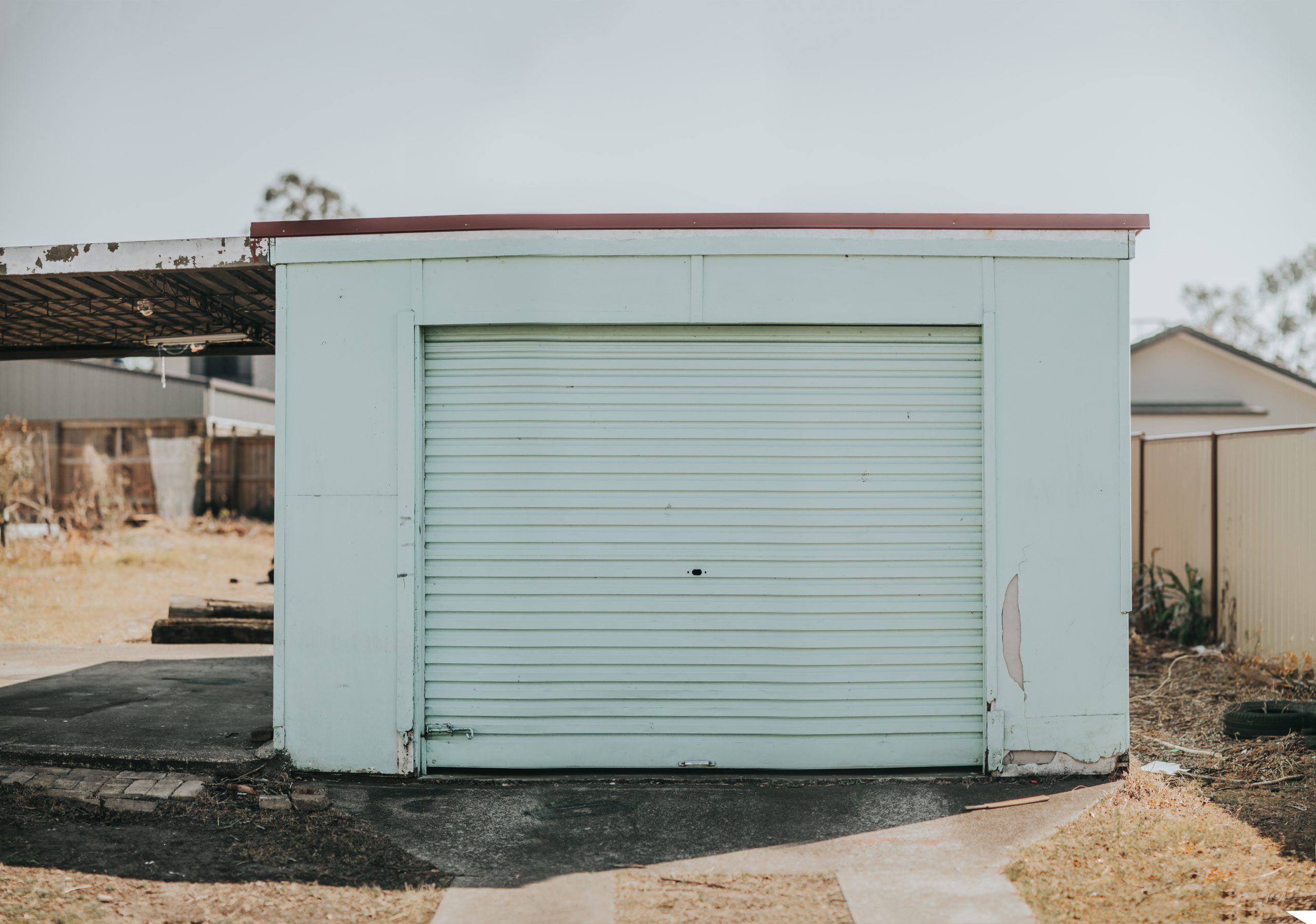Energy prices change most of the time, regardless of where you reside. However, in areas with severe temperature variations or harsh weather, homeowners seek into measures to insulate their houses in the aim of lowering energy expenses. One of the first places examined is the garage door, which is commonly referred to as an energy vampire since it is a visible source of energy waste.
You have a garage and the garage door opens many times every day, or sometimes stays open all day. Unless the garage door is seldom used, the work to insulate it may be worthwhile. People continue to discuss whether it is worthwhile to insulate a garage door. In some cases, insulating a garage door might result in considerable energy savings. Keep reading to learn how to decide if a garage insulation service is worth paying money for.
Insulated Garage Doors are now available
A pre-insulated garage door is the best option for an energy-efficient garage door. Instead of a metal door, which easily transfers heat and cold, use a fiberglass door with a foam core to help prevent energy loss from the garage. If you want to replace your garage door, an insulated one is usually a good choice. However, replacing an otherwise decent garage door with an insulated type for the sake of energy savings is unlikely to make financial sense.
Options for Garage Door Insulation
When it comes to garage door insulation, several seasonal choices or temporary solutions might come in handy. However, certain insulating solutions can deliver far greater and longer-lasting effects. The following are the most common garage door insulating alternatives to consider:
- Foam board insulation: This type of insulation is made up of thin, stiff panels that have a high insulating value. Because they are prone to wear and tear from the door opening, these are suitable for garage doors that are rarely opened.
- Spray foam insulation: A common insulation solution that is sprayed onto the garage door to increase the R-value. It isn’t always the most efficient solution for garage doors, but it is one.
- Cellulose: Similar to spray foam, but more effective for garage doors. However, garage cellulose insulation is also more expensive.
- Reflective insulation is made up of thin, stiff boards that are coated with a reflective foil to assist keep heat out. This insulation is best suited for warmer regions.
- Fiberglass insulation is one of the most affordable types of insulation. It is used to raise the R-value of a door by applying it on the inside face of the door.
Garage Doors That Are Insulated
In addition to insulating options, some homeowners choose to replace their garage door with an insulated door. Rather than a standard metal door, they are fiberglass doors with a foam core that reduces garage energy loss. If you’re unsure if insulating your garage door is worthwhile, consider purchasing an insulated door.
Insulated garage doors have benefits beyond energy efficiency.
- They help regulate the temperature inside the garage. Insulated doors also help reduce noise transmission, making your garage quieter and more comfortable.
- They are more durable and resistant to impact, which will extend their service life.
Don’t forget to consider the R-value when choosing, the higher the R-value, the better your garage insulation will be.
Choosing Whether or Not to Insulate Your Garage
Whether or not insulating your garage will increase your energy savings is dependent on a variety of factors. First, answer the following questions:
Is your garage connected?
Do you live in a location with harsh weather or significant temperature changes?
Do you have animals in your garage?
Is your garage utilized for work?
Do you intend to sell your house soon?
If You Said Yes
If you answered yes to at least two of these questions, you should think about purchasing a garage door that is insulated. A poorly insulated door will allow hot and cold air into your home because your connected garage shares at least one wall with your home. The same is true if, for example, your garage door is next to a bedroom.
An insulated garage door, on the other hand, will help keep a consistent temperature even if your garage door is rarely used and you use the garage area as a workstation or a gym. Extreme temperatures can harm your garage’s contents, including autos, power tools, instruments, and gym equipment.
Furthermore, if you want to sell your house in the near future, giving greater insulation alternatives would likely enhance the value of your property and make it more desirable to potential homebuyers. Therefore, don’t hesitate to consider garage door insulation services.
If You Said No
If you replied no to at least three of these questions, the investment might not be worth it. A detached garage, for example, may not be worth the expense of insuring the garage door. A detached garage has no effect on your house’s energy expenditures unless you utilize it to store precious objects that are sensitive to temperature variations.
Is Insulating Your Garage Door Effective?
In most cases, the expense of insulating a garage door is negligible. Instead, insulate the entire garage. These zones, which extend from the floor to the walls and ceiling, also serve as a conduit for energy transfer. So, even if you take the time and money to insulate the door, if you don’t insulate these areas, you might not notice a reduction in your energy bills.
A more practical solution would be to insulate the whole garage, giving special attention to any walls that link the garage to the rest of the house. Insulating the ceiling to prevent energy loss to the space above, insulating the border between the garage and the house, and even protecting the floor and windows to eliminate air gaps are all part of this. Of course, spending the effort to insulate the garage door itself may be worthwhile while doing so.
Finally, you must make this selection depending on your lifestyle and requirements. The type of your garage, how you use it, and the temperatures in your location will all help you decide if it’s worthwhile to insulate your garage door. In case you have made up your mind on that one, consider STI Garage Door as your trusted partner, so all the garage insulation-related works and services will be done as smooth and effective as possible.




Be First to Comment